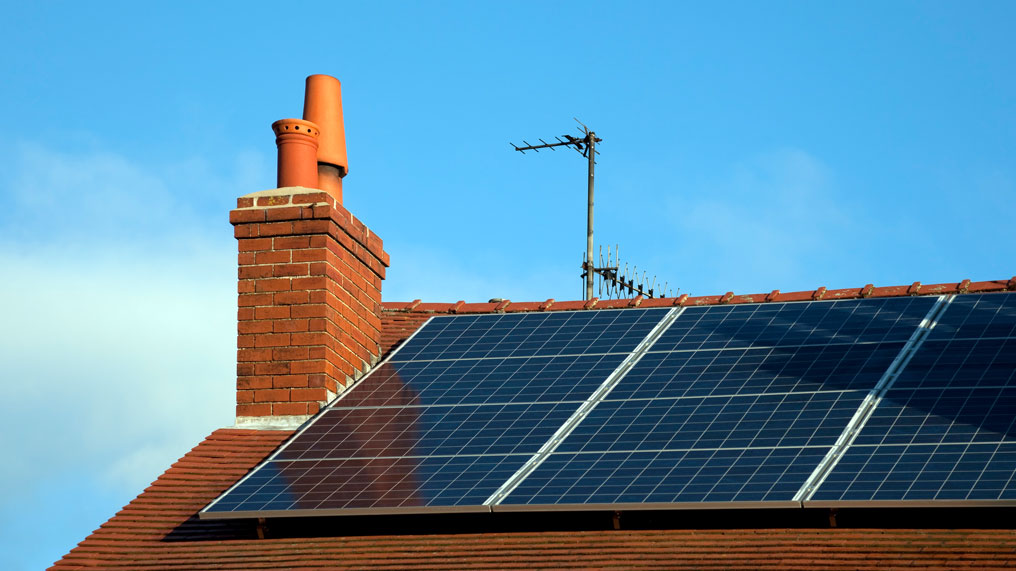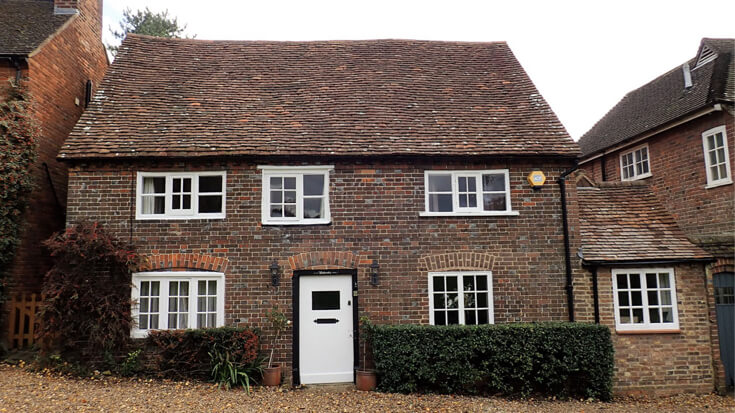If your home has ever sprung a leak, particularly at night or at the weekend, you’ll know how stressful it can be trying to track down an emergency plumber to come and sort things out.
Unfortunately, if you can’t find someone to come out quickly and water continues to cascade into your home, the damage can soon run into hundreds, if not thousands, of pounds.
According to the Association of British Insurers (ABI), the trade body for the insurance industry, insurers pay out around £1.8 million every day to customers who’ve made ‘escape of water’ claims on their home insurance. Nearly one in five claims made on buildings and contents insurance is for damage caused by leaks.
Many escape of water claims happen in winter months due to frozen pipes that have burst. According to the ABI, the average cost of weather related insurance claims for burst pipes in 2018 was over £10,000.
However, there are plenty of other reasons why leaks occur. Often poorly-installed washing machines or dishwashers can result in leaks, as can water seeping out from under the bath or shower, or from storage tanks in the loft.
According to the ABI: "The smallest of leaks can quickly become a torrent and cause some very expensive and disruptive damage. Don't overlook or underestimate the warning signs. Ensuring that domestic water appliances are properly installed and well-maintained, especially as people go on their summer breaks, will greatly reduce the risk of expensive damage to your home."
Remember that while home insurance policies will cover damage caused to your property by ’escape of water’, some won’t cover the cost of finding and repairing the source of the damage, so you may have to pay these charges yourself. Check the small print of your home insurance policy carefully so that you know exactly what you are, and what you’re not, covered for.
Experts advise turning your stop valve once every six months to prevent it seizing up
Top tips if you spring a leak
-
If you discover water is escaping into your home, the first thing you should do is turn off your water stopcock to stop the flow of water. Experts advise turning your stop valve once every six months to prevent it seizing up.
-
Turn off your electrical supply and place a bucket under the leak to try and catch as much of the water as possible. Turning on taps elsewhere in your property can help reduce the pressure.
-
Take photographs of any damage and don’t be tempted to throw away any of your possessions which have been ruined – you may need these as evidence in the event of a claim.
-
If you want to prevent burst pipes during periods of cold weather, make sure your loft and the sides of your water tanks are properly insulated. Set your heating to come on a couple of times a day even if you’re going on holiday, and ask a neighbour or friend to check your home regularly while you’re away.
Check out our article ’Do you have a water leak emergency plan?’ for even more info on what to do if you discover a leak.




